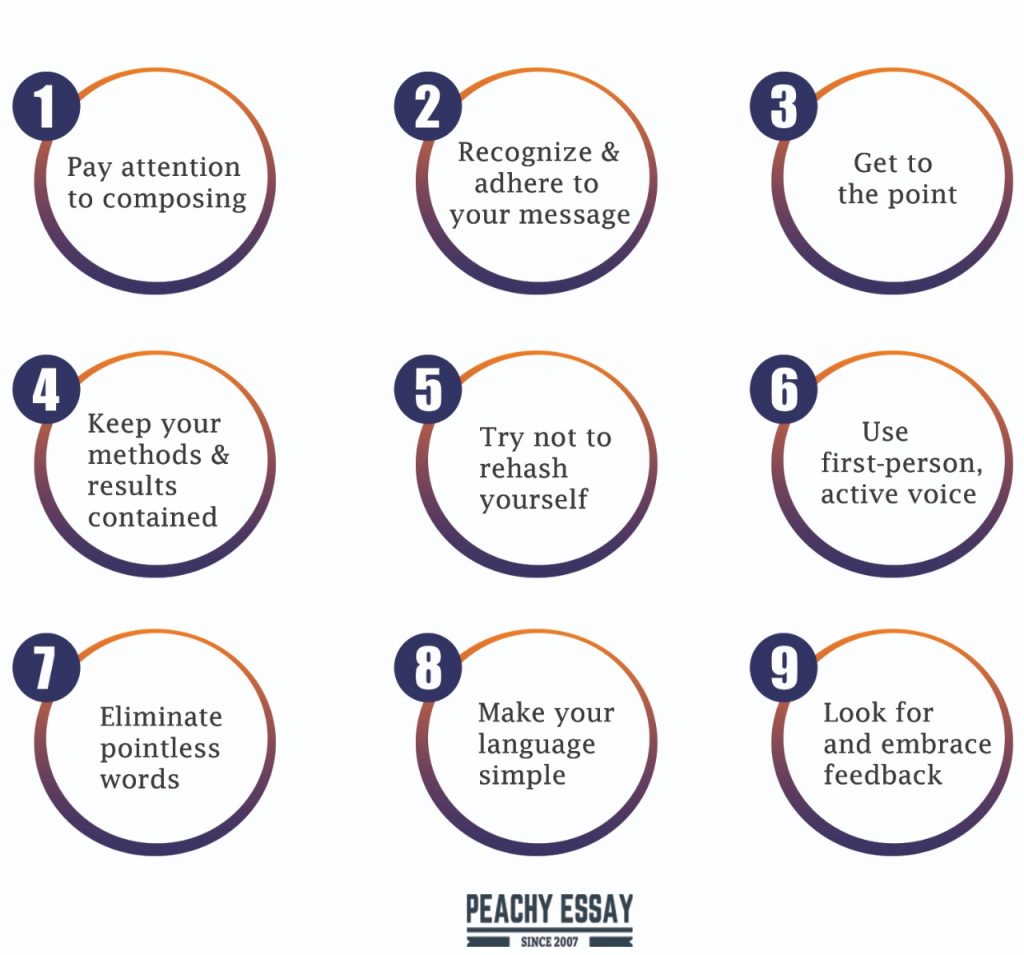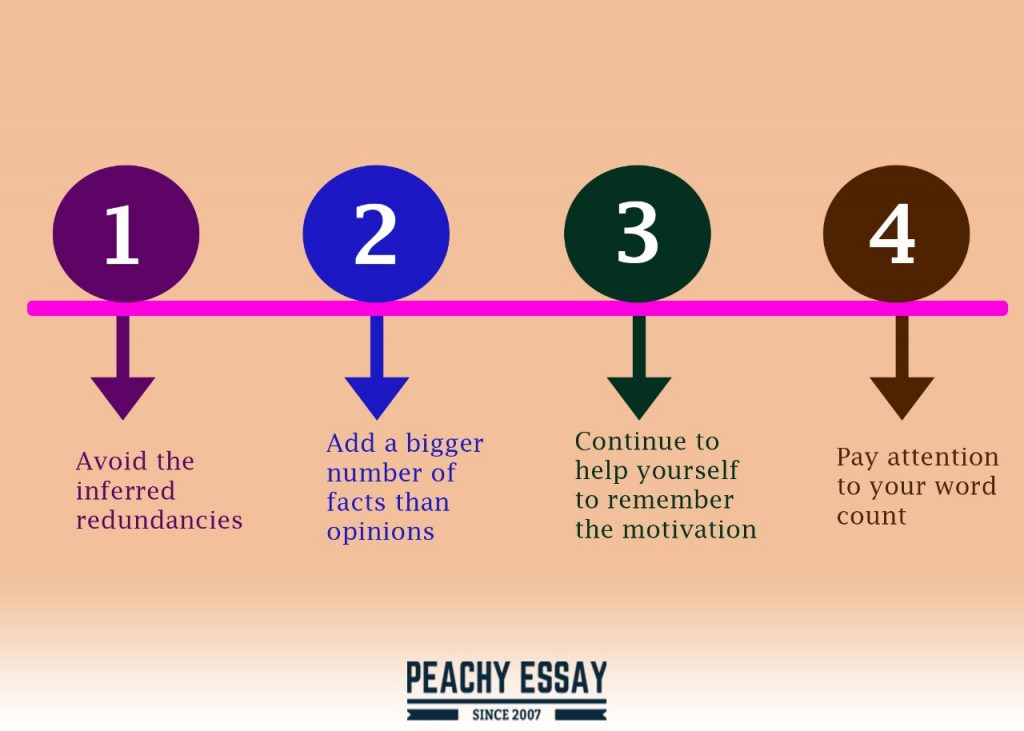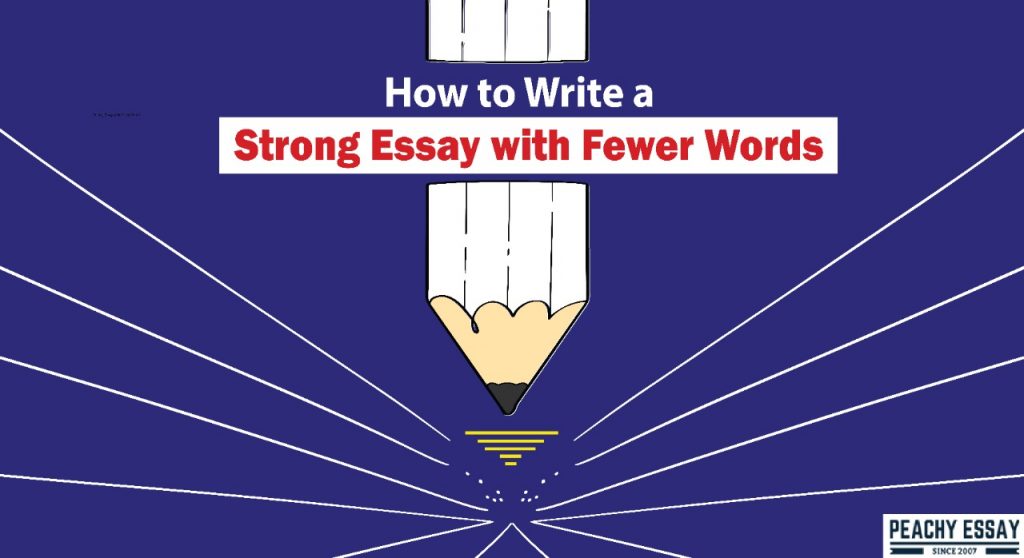Writing concise pieces alludes to the utilization of the least words conceivable to pass on a thought. You should bear in mind that something contrary to succinctness is wordiness. Realizing how to compose briefly is regularly viewed as quite possibly the main abilities for an essayist to create. It abbreviates the length of your content and makes your composing more effective.
Honestly speaking, no one jumps at the chance to peruse a long sentence or a section that doesn’t indicate anything. Truth be told, fluff ought to never be done by experts, but brief composing should be embraced to educate readers about a specific theme. Editing is a phenomenal chance for you to make your work more succinct.
What is Concise Writing?
Composing unmistakably and succinctly implies picking your words intentionally and exactly, developing your sentences cautiously, and utilizing punctuation appropriately. By composing obviously and compactly, you will get directly to your point in a manner your audience can understand easily.
Why Should I Write Clearly and Concisely?
To prevail in your correspondence, you need to keep your audience’s consideration and need to peruse records easily and with comprehension. If your composing is hard to follow, your readers may lose interest.
The objective of the brief composing is to utilize the best words. Succinct composing doesn’t generally have the least words, but it utilizes the most grounded ones. Authors regularly fill sentences with feeble or superfluous words that can be erased or replaced. Words and expressions ought to be purposely picked for the work they are doing. Like terrible workers, words that don’t achieve enough ought to be terminated. When just the best words remain, composing will be undeniably more succinct and lucid.
Step by Step Instructions to Write Concisely and Clearly
Here is the way to compose succinctly and clearly.
Replace ambiguous words with explicit words
Essayists utilize little and equivocal words to communicate a specific point. Frequently, including an excessive number of little words can cause your work to appear to be confounding. By and large, more explicit words lead to a more compact composition. To utilize explicit words rather than little and uncertain ones, you need to brainstorm.
Example: The legislator discussed a few issues that are identified with the financial emergency in the country on public TV.
Revise: The government official addressed the monetary emergency on public TV.
Question each word in a sentence
At the point when you’re editing your work, check each word to ensure it contributes something imperative to the sentence. If a few words are the dead weight, you can erase or supplant them.
Example: The instructor demonstrated to me various procedures of cutting superfluous words from my exposition that I had composed for an English writing class today.
Update: The instructor indicated to me various procedures for cutting superfluous words from my exposition.
Join and consolidate sentences
Here and there, the data doesn’t need a full sentence, and you can undoubtedly join it with another sentence without diminishing its worth. In these cases, consolidated sentences form concise information.
Example: Peter Jackson’s Lord of the Rings films show the significance of genuine kinship and virtues to get incredible things done. He made three motion pictures.
Update: Peter Jackson’s three Lord of the Rings motion pictures exhibit the significance of genuine kinship and virtues to get extraordinary things done.
Dispense with words that point out the obvious
When making your paper more succinct, consistently think about readers. If a few sentences or expressions portray or clarify things that are clear to everybody, you can fix that issue by revamping or erasing them. Keeping trivial details in content or calling attention to the undeniable causes readers to lose interest in your work.
Example: I got your request about Apple workstations yesterday and read it cautiously. Truly, we do have…
Change: I got your request about Apple PCs yesterday. Truly, we do have…
Dispense with superfluous modifiers and determiners
Let’s be honest; here and there, we add a word or expression that appears to barely decide or alter the thing; however, it doesn’t add to the whole sentence. In the wrong setting, these words or expressions can be important, yet much of the time, they are utilized as “fillers,” and disposing of them doesn’t demolish the significance of your sentence. To decide if some word or expression is superfluous, record your sentence without it. If that sentence bodes well, then the expression ought to be dispensed with.
Example: I don’t actually like a specific kind of sweet on this menu.
Modify: I don’t care for any pastry on this menu.
Avoid the dull phrasing
Focus on words or expressions that you continue to make reference to regularly in your content, especially in a similar passage. To make your paper compact, remember that words and sentences which don’t add to the substance of the content are seldom fundamental.
Example: Our client care office utilized five new understudies. These understudies work effectively during non-weekend days yet they can’t stay aware of appeal at ends of the week.
Update: Our client support office utilized five new assistants who work really hard during non-weekend days, yet can’t stay aware of popularity at the ends of the week.
Dispose of redundant pairs
Here and there, without acknowledging it, we utilize a couple of words that suggest one another. When making your paper briefer, focus on repetitive sets to exclude them. For instance, word finish alludes to something that is finished, which is the reason totally finish is a repetitive pair. Instances of some repetitive sets are recorded underneath:
- Unconditional present
- Past memory
- Startling astonishment
- Unexpected emergency
- Pitiful misfortune
- Essential things
- Ultimate result
- Final product
Example: Team of analysts directed an investigation whose ultimate result indicated that the Mediterranean eating regimen is heart-solid.
Re-examine: Team of specialists led an investigation whose result demonstrated the Mediterranean eating regimen is heart-solid.
Take out redundant categories
A few words in English naturally infer their classifications, which are the reason we don’t need to state both. For instance, we realize that pink is colour and the term pink colour is a redundant category A significant trait of succinct paper is the exclusion of excess classifications; for example, in expressions like the pink colour the overall classification can be forgotten about. Here are a few instances of redundant categories:
- Uncommon in nature
- Huge in size
- Substantial in weight
- Period as expected
- Round in shape
- Of modest-quality
Example: During that timeframe, most female purchasers favoured vehicles that were pink in colour, moderate in cost, and sparkling in appearance.
Modify: During that time, most female purchasers favoured pink, affordable, and sparkling vehicles.
Change phrases into adjectives and single words
The propensity to utilize expressions to depict something that can be represented by a single word prompts wordiness. Attempt to change these expressions into descriptors or single words whenever the situation allows.
Model: The understudy with aspiration will consistently figure out how to remain zeroed in on significant objectives.
Amend: The aspiring understudy will consistently figure out how to remain zeroed in on significant objectives.
Change who, which, and that clauses to phrases
Once in a while, clauses add to wordiness, and you should change them over to expressions or single words at whatever point conceivable.
Example: All candidates who are keen on this work need to propose an ideal promoting system.
Change: All work candidates need to propose an ideal showcasing procedure.
Convert passive into active voice
Active voice sentences are unmistakable, exact, and compact. An inactive voice suggests that subject gets the move, which removes the succinct demeanour of the sentence.
Example: The ledger was opened by her better half.
Re-examine: Her better half opened the ledger.
Try not to overuse expletives toward the start of sentences
Expletives are powerful for accentuation in certain circumstances. Be that as it may, abusing such expressions can make your content look rough and excessively tedious while debilitating compactness.
Example: It is the director who should inspire and lead the group to expand efficiency.
Re-examine: The Manager should rouse and lead the group to build efficiency.
Try not to abuse noun forms of certain action words
You should utilize action words whenever the situation allows, rather than noun structures. Abuse of nominalizations makes dull writing. Then again, action words make a connection with the mentality and keep readers intrigued.
Example: My work is an assortment of proof at crime locations.
Overhaul: I gather proof at crime locations.
Rules for Concise Writing
Here are the rules for concise writing.

Pay attention to composing
Succinctness alone doesn’t guarantee great logical composition. In any case, seeking after succinctness as a feature of a bigger system to compose adequately is advantageous. As an expert essayist, you should pay attention to your composition. This implies composing consistently; however, you can go about the interaction by conversing with and perusing journalists you respect and effectively looking for input on your work.
Recognize and adhere to your message
As right off the bat in the creative cycle as could really be expected, you ought to distinguish your message. What is your paper’s objective? Would you be able, sum up the central issues in a couple of sentences? Others like to compose the abstract prior to whatever else. Notwithstanding, when your guide is set, each section and sentence should move from that all-encompassing guide.
Get to the point
You and your crowd have a shared objective: moving data as productively as could really be expected. Long‐winded arrangements, additional details, and unimportant digressions sabotage that objective. Even from a pessimistic standpoint, they confound or cause them to quit perusing. As you compose, a little voice in your mind ought to remind you to get to your point as productively as feasible for the good of everybody.
Keep your Methods and Results contained
Text that ought to be in the Methods and Results has a method of crawling into different pieces of paper. On occasion, this is okay; you may need to contextualize what you are examining. In any case, again and again, early drafts will re‐hash these details where they don’t have a place. You should peruse and re‐read your original copies with an eye towards moving anything more qualified to the Methods or Results to those segments. If you discover the data is as of now there, the time has come to erase it.
Try not to rehash yourself
Excess is the worst thing about compactness, and monotonous papers seem to be apathetic. Obviously, there are places where emphasis can guide the reader to a greater message. Be that as it may, when all is said and done, when you state something, it just should be rehashed to add key data. It is likewise pointless to rehash content in figures and tables somewhere else in the composition. For instance, in the event that you gave an outline of the investigation region in Figure 1, there is no compelling reason to spend valuable content depicting where your examination destinations are corresponding to one another. The equivalent is valid for tables. When data is in a table, you should just allude to explicit subtleties in the content prior to referring to your table.
Use first‐person, active voice
First‐person, active voice is, for the most part, tighter and, in my view, more fascinating as it permits the essayist to depict the activities they performed from their viewpoint. First‐person, active voice puts key subjects and activities toward the start of the sentence, which causes you to arrive at the point rapidly and avoid wasteful sentences.
It ought to be noted, in any case, that circumstances may emerge that require a detached voice. For example, in the event that the author(s) didn’t gather the information being alluded to, at that point, referring to its assortment inactively is proper.
Eliminate pointless words
Two sorts of “filler” sneak into sentences: additional words or expressions that can be eliminated with no impact on the message and expressions that can be dense from a few words to a couple. Sentence filler, by and large, comprises three highlights being abused: (1) qualifiers, (2) prepositional expressions, and (3) transitions. Be that as it may, they are not fundamentally unrelated and frequently co‐occur.
Make your language simple
You don’t require muddled words and cunning expressions to compose well. They occupy a lot of space and may make your message be misconstrued. As you reconsider to diminish your assertion tally, you ought to likewise attempt to decrease your composition’s syllable check by utilizing more limited words at every possible opportunity.
Look for and embrace feedback
Diagnosing publication issues in your own composing is troublesome. Hence, great criticism is pretty much as significant as the thinking of itself. From the point of view of compactness, for example, it is difficult to see another option when you are rehashing yourself or to distinguish where your story has wandered from the overall objective.
Tips for Concise Writing
Here are the tips for concise writing.

Avoid the inferred redundancies
These are otherwise called filler or useless words. They don’t add any data to the exposition. Whenever you are finished with composing your article, read over it. Eliminate any words that are not enhancing your work. In the event that the sentence actually bodes well with no of the words, delete them. The equivalent goes for your sections. In the event that there are sentences that you can manage without, erase them.
Add a bigger number of facts than opinions
The ideal approach to help your theory is to compose realities that you can refer to, and that can be demonstrated. Ensure there are at least five realities that back your theme. This progression causes you to assemble a framework that makes it simpler for you to compose and finish. It additionally permits you to have a more clear review of the nature of your contention. It will likewise make it simpler for you to remain on the theme.
Continue to help yourself to remember the motivation behind your review
Continuously remember why you are composing the paper. Your essential objective is to offer significant correspondence. When you understand what you need your reader to get from your article, stay with it. Ensure that your crowd will zero in on the central matters and that the realities are credible. In any case, ensure that each sentence is extraordinary and brings new data. In the event that you rehash your points, you wind up losing your crowd’s attention.
Pay attention to your word count
You should guarantee that you know the number of words that each part of your paper should take up and adhere to that number. For example, the introduction and conclusion paragraphs should just take up 10% of the word check each. Thusly, if your paper is 500 words, the introduction and end should just take up 100 of the consolidated. The thesis is part that makes up the initial passage, albeit now and again it very well might be tallied distinctively, however, exclusively by an expansion of 20 words. The remainder of the paper ought to be your body. It should uphold your thesis with facts and references.


